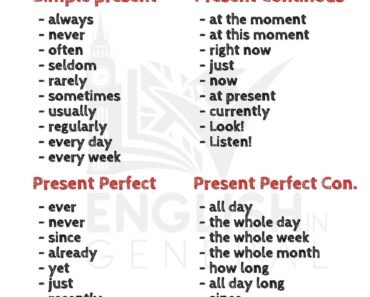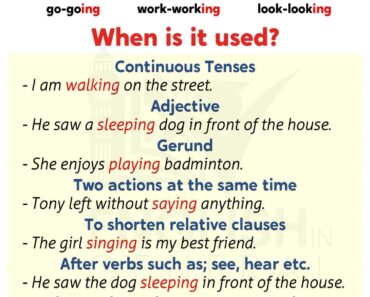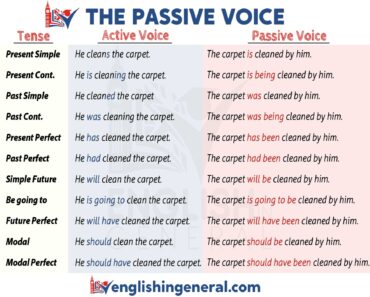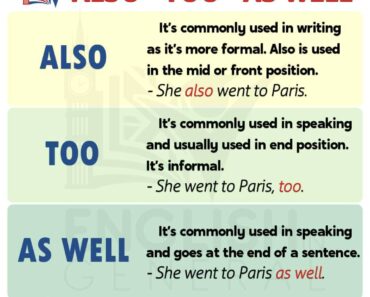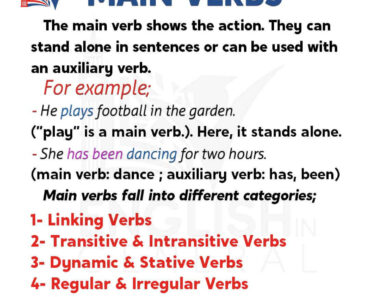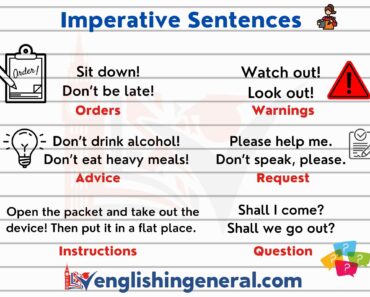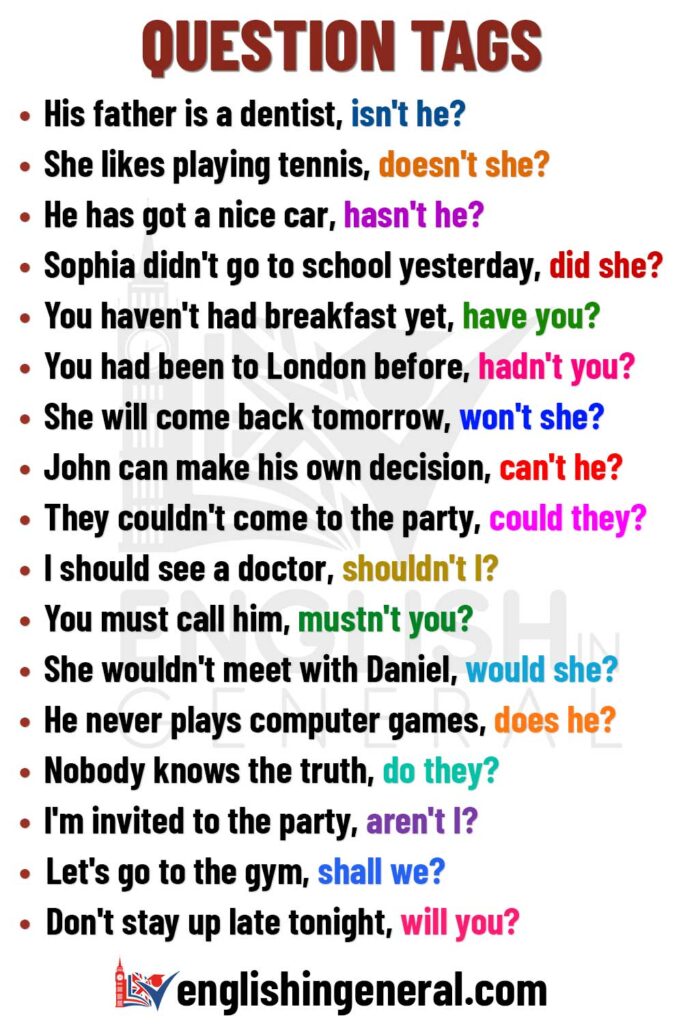
Question Tags in English
Question tags are short questions placed at the end of a sentence and they’re used when asking for agreement or confirmation. We mostly use question tags in spoken English.
Regular Question = Did you do your homework yesterday?
Question Tag = You did your homework yesterday, didn’t you?
Rule: We don’t use question tags at the end of a question.
Wrong = Did you do your homework yesterday, didn’t you?
Question tags are made using an auxiliary verb and a subject pronoun.
Example: You will be here in ten minutes, won’t you?
- You : Subject
- Will : Auxiliary Verb
- Be : Main Verb
- Won’t : Auxiliary Verb + not
- You : Subject pronoun
If the main clause is positive, the question tag is negative, and if the main clause is negative, the question tag is positive.
- She is a nurse, isn’t she? = Positive Statement, Negative Question Tag
- She is not a nurse, is she? = Negative Statement, Positive Question Tag
Examples of Question Tags
- His father is a dentist, isn’t he?
- She likes playing tennis, doesn’t she?
- He has got a nice car, hasn’t he?
- Sophia didn’t go to school yesterday, did she?
- You haven’t had breakfast yet, have you?
- You had been to London before, hadn’t you?
- She will come back tomorrow, won’t she?
- John can make his own decision, can’t he?
- They couldn’t come to the party, could they?
- I should see a doctor, shouldn’t I?
- You must call him, mustn’t you?
- She wouldn’t meet with Daniel, would she?
Exceptions
If the statement has a negative meaning, a positive question tag is used. For example;
- He never plays computer games, does he?
- Nobody knows the truth, do they?
There is no contracted form of “am not” so we use “aren’t” in question tag.
- I’m invited to the party, am not I? = incorrect
- I’m invited to the party, aren’t I? = correct
Let’s go to the gym, shall we?
Don’t stay up late tonight, will you?

